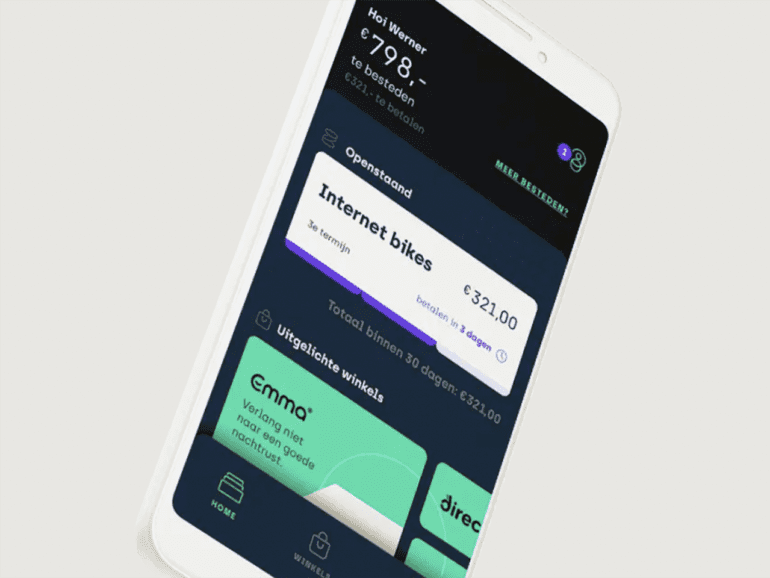The Buy Now Pay Later (BNPL) industry is on the rise.
The concept, fundamentally a form of short-term financing, allows customers to pay for products in installments with low or zero interest. Loans are conducted on an individual payment basis, and credit checks are almost instantaneous, providing a cheaper and easier alternative to a credit card.
Accounting for a 3% market share of the global domestic e-commerce payments, investment into the sector is prolific. The global leader, Klarna, alone has benefited from over 2.6bn EUR since 2014, and funding into the industry as a whole reached $11bn in 2021.
Between 2018-2020, BNPL transaction value grew by 292%, and many are predicting a continued rise in market share, with reports predicting it to reach 11% within Europe by 2025.
In the Netherlands, BNPL company In3 has been a part of this growth and is now set to expand into other markets, approaching the BNPL model that doesn’t quite fit the typical mold.

“If you want to start an In3 proposition, the Netherlands is the most difficult market you can start,” said CEO Hanz Langenhuizen.
“Consumers are the most difficult. For example, when the economy goes down and in every other country, credit card spending goes up, in the Netherlands credit card spending goes down.” Despite the challenging market, the company has continued to grow steadily and is on the brink of expansion.
Dutch trust BNPL
Perhaps the Dutch reluctance to opt for credit payments is the reason for adopting the alternative solution of BNPL. The market share of BNPL in domestic e-commerce payments in the Netherlands is at 12%, with expected growth of 78.4%.
According to data, almost 75% of global BNPL users are millennials or Gen Z, with higher levels seen in the younger customer base.
“The average consumers we have are mainly families with two sources of income, two to three children, and above-average earnings,” said Langenhuizen.
Younger generations, on average, have been found to use the service for cheaper items, the average purchase of Gen Z customers amounting to under $100. At In3, the payments tend to be for higher-end, more expensive items, indicating the older consumer.
Many customers turn to BNPL because of the financial flexibility it offers without the need for extensive and time-consuming credit checks. This doesn’t come without its downsides.
Credit Karma report shows some missed payments
A report carried out by Credit Karma showed that 34% of customers who have used BNPL in the last year had fallen behind on payments and incurred late fees.
“For us, social responsibility is our business model,” Langenhuizen commented in response to this figure.
“If our non-performing loans are over a certain threshold, we will be bankrupt. So for us, it’s really important to have a really good credit engine and have really low non-performing loans so people will pay. We also don’t ask them to pay additional fees or costs for using the In3 proposition.”
This approach has rewarded the company with extremely low non-payment levels and a steady growth trajectory.
“It’s all to do with the credit engine. It’s a combination of scoring the merchant and scoring the consumer. That’s why we are doing so well.”
With AI, Langenhuizen says they can evaluate both parties within a tenth of a second to ensure the loan is low risk and payment will be on time.
“We are now expanding to Germany and then to the Nordics. It has to do with the way we can get the consumer information…in Germany and the Nordics, they are very well maintained so we can get the information we need to function,” he continued.
In3 offers their services online and in-store of selected merchants, where they are planning to expand their service offering, working with two of the largest service providers in Europe for in-store payments.
These expansion plans come when the company has secured $11.1 million from Finch Capital to build out the technology platform and improve its customer satisfaction rating, which is currently at 9.3/10.


